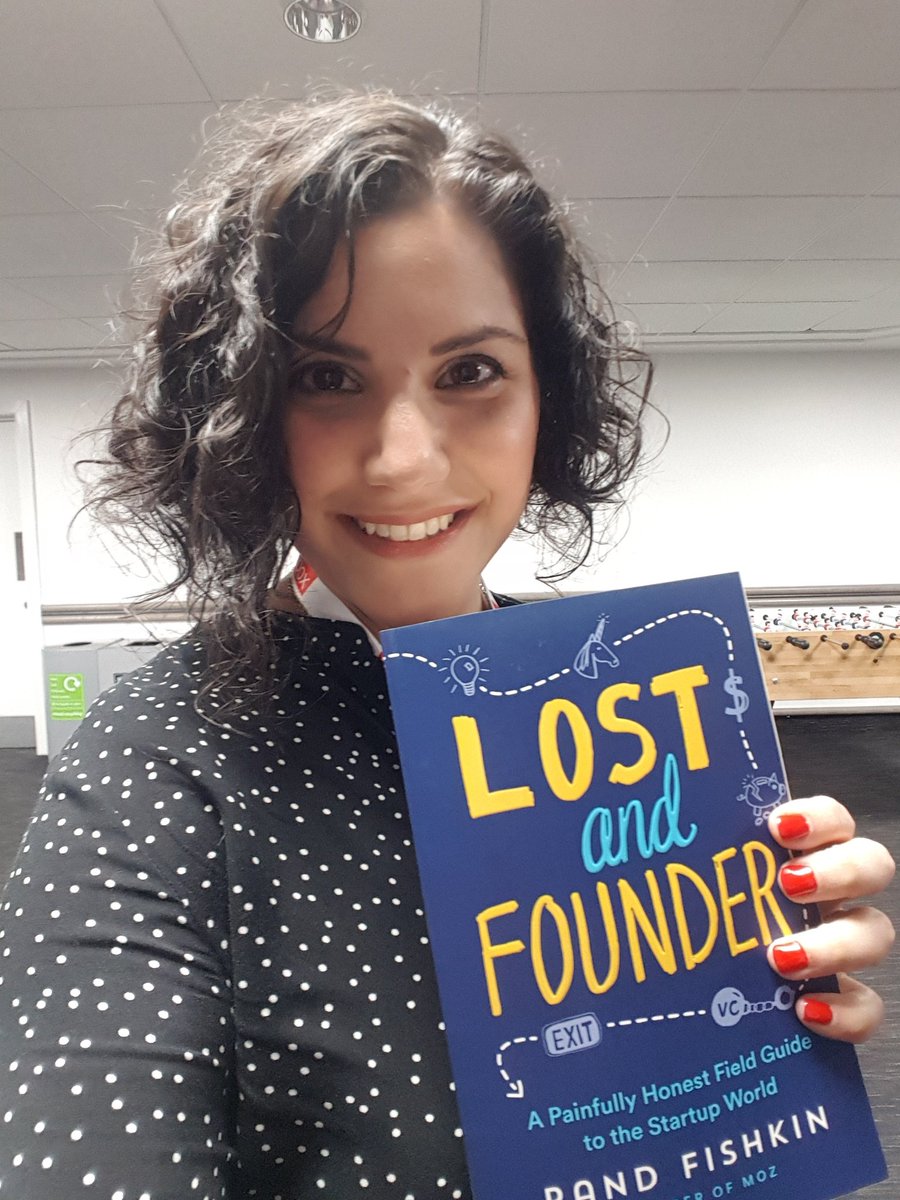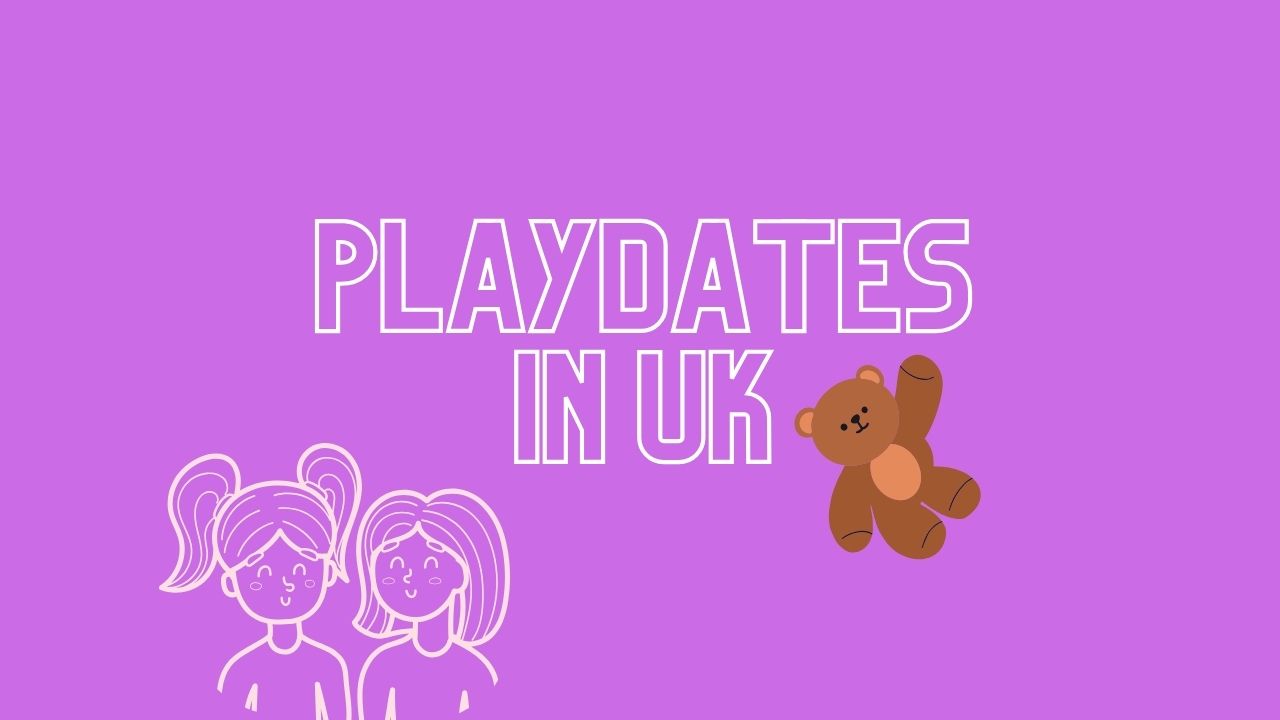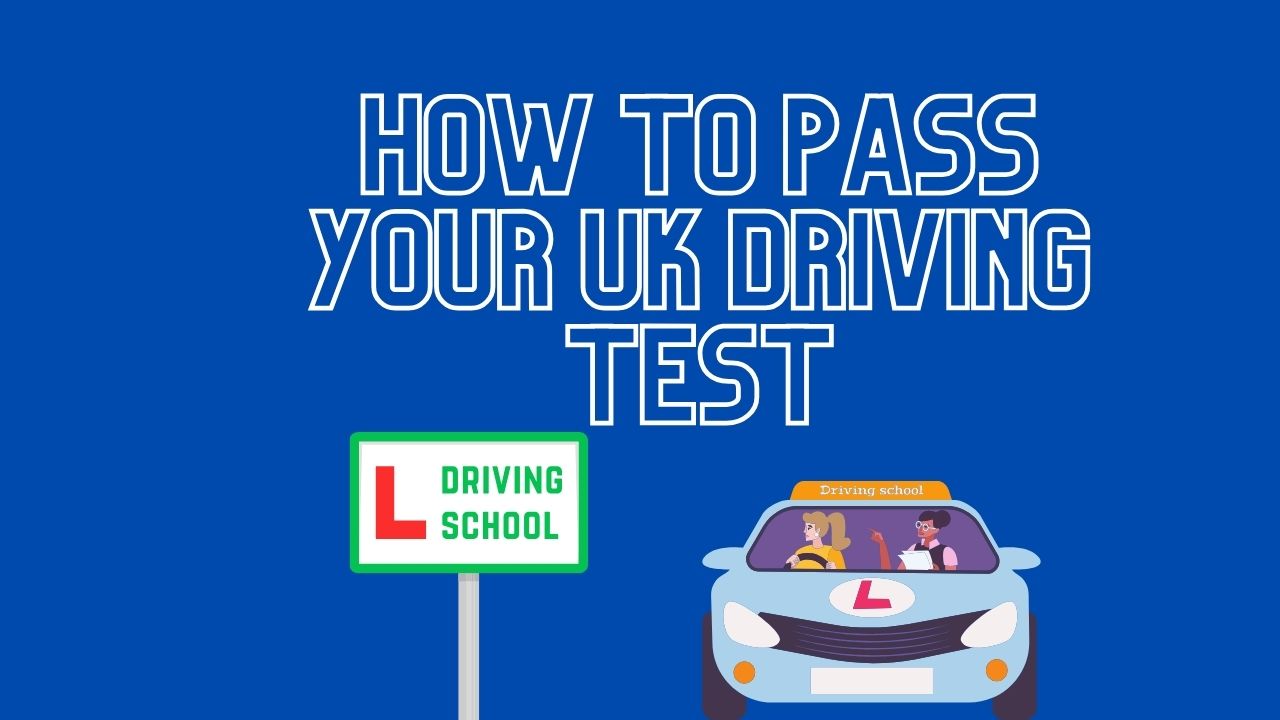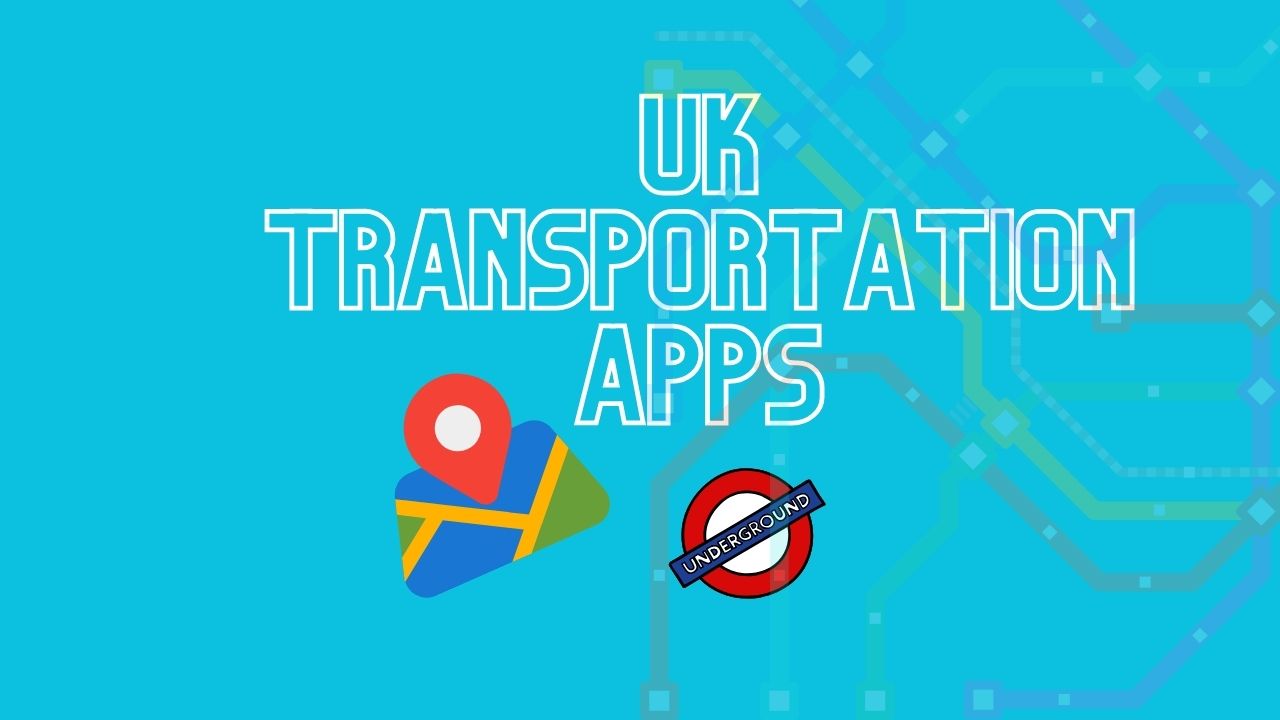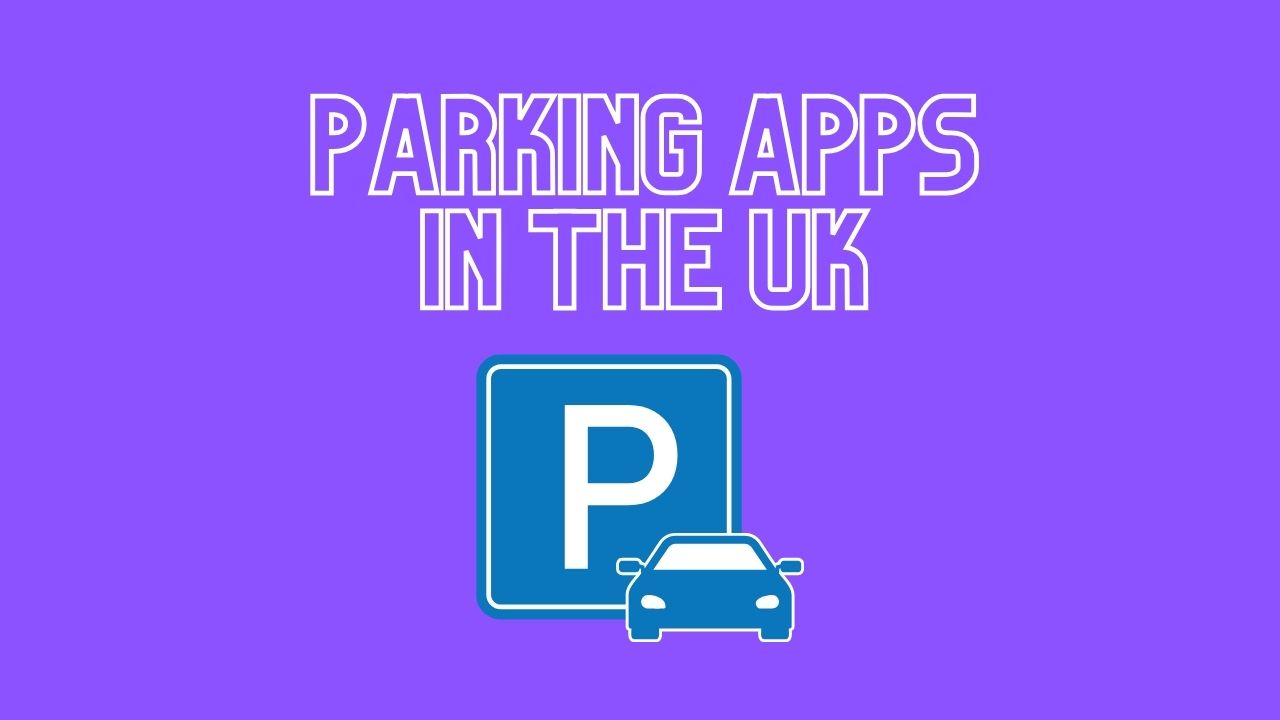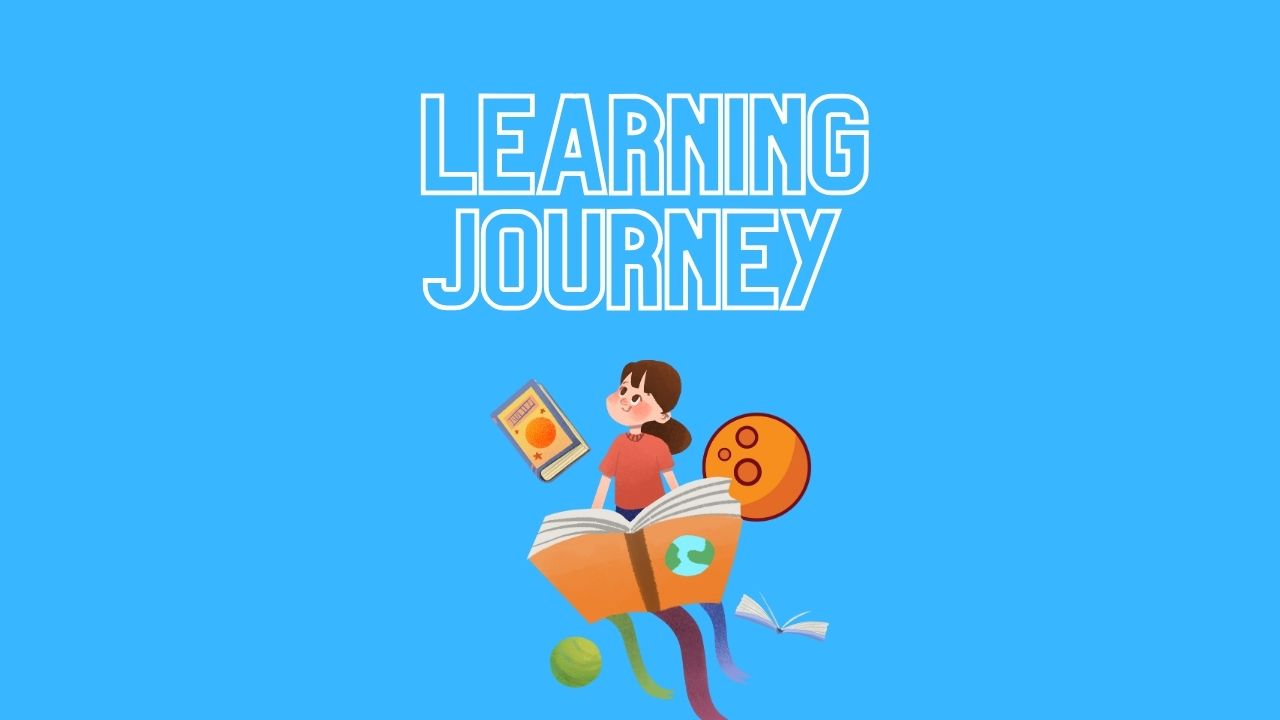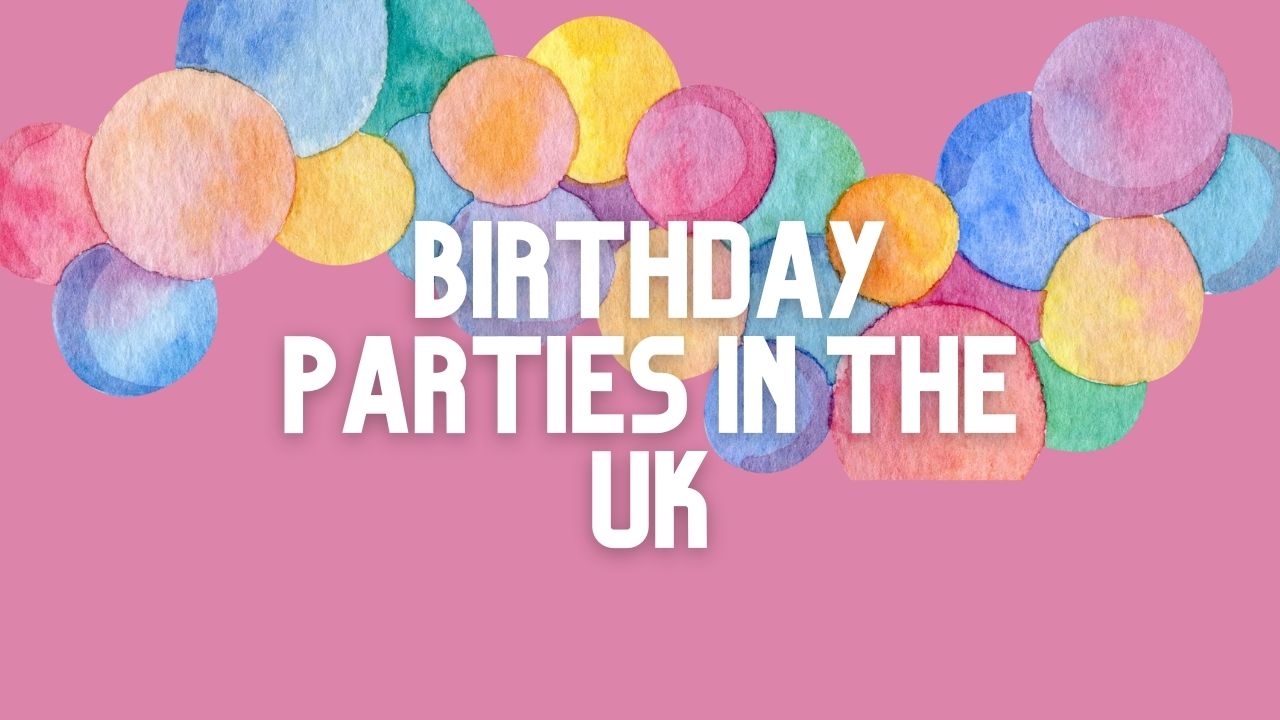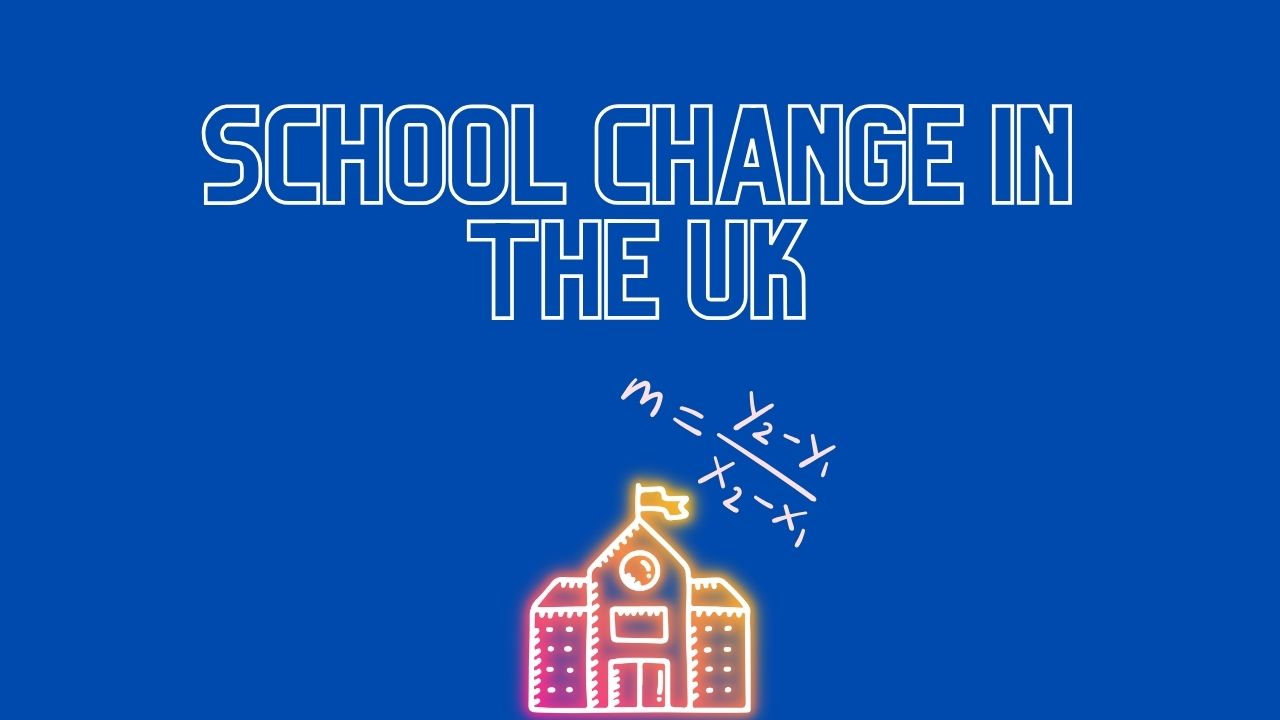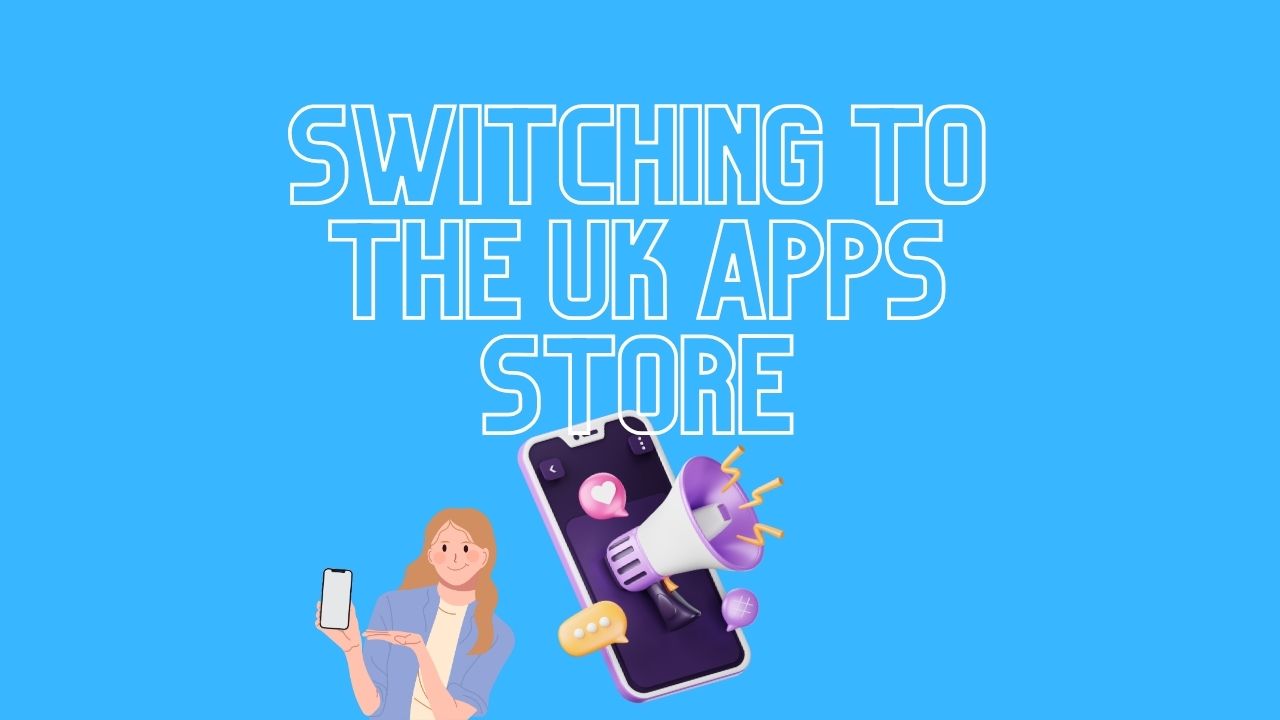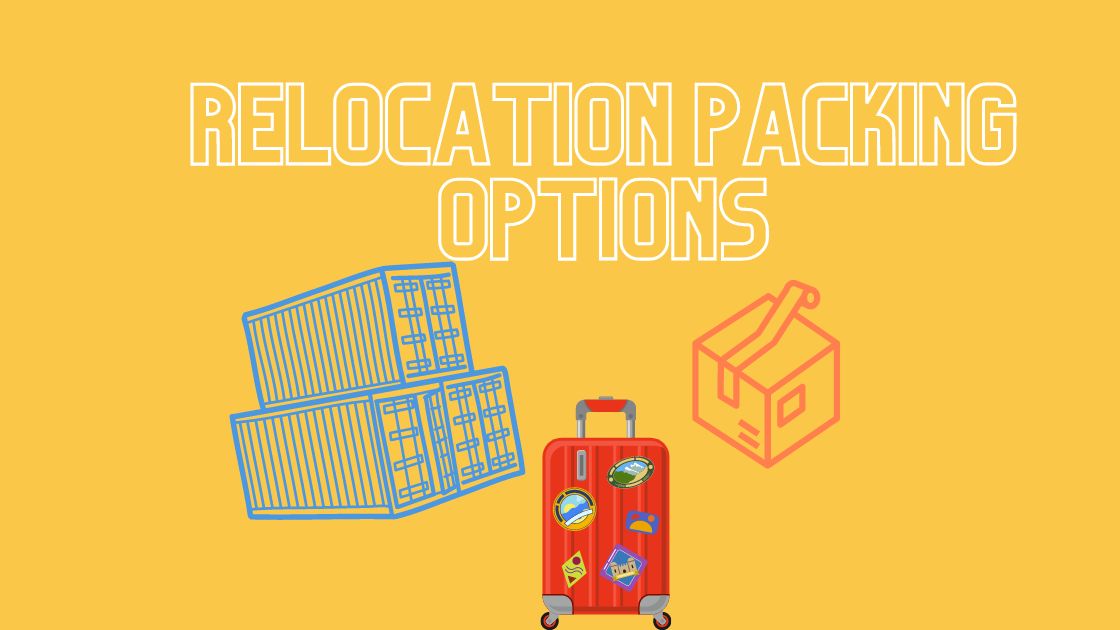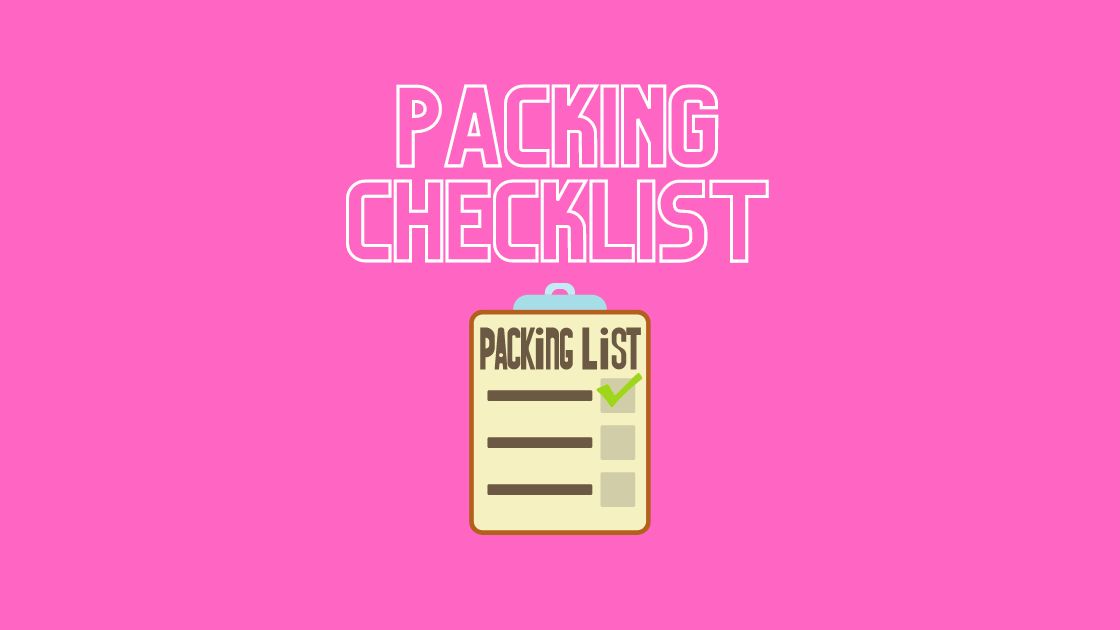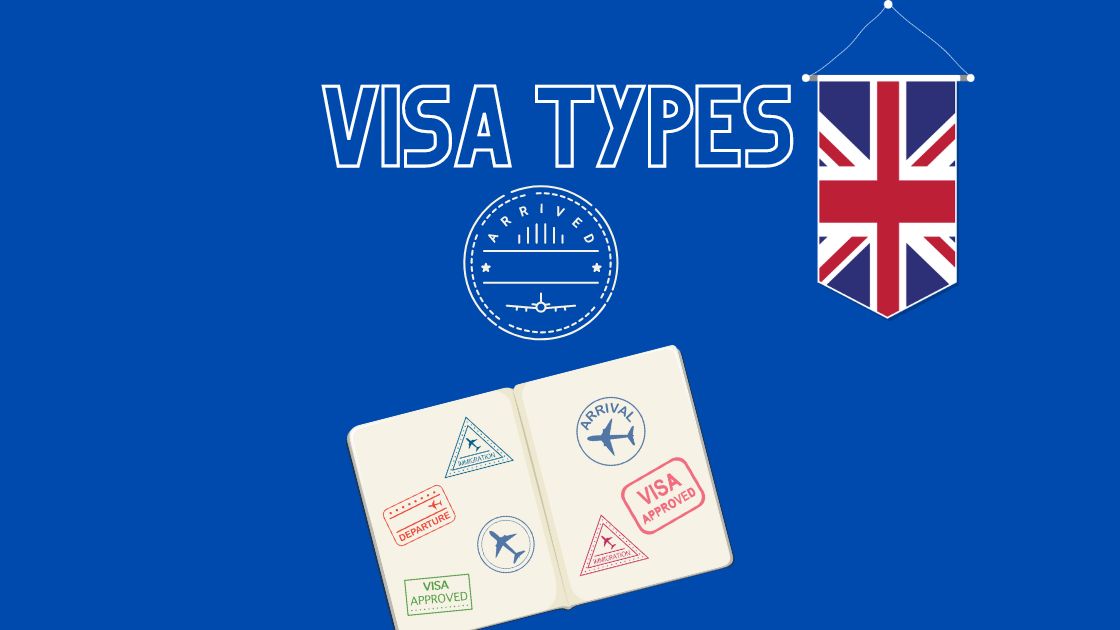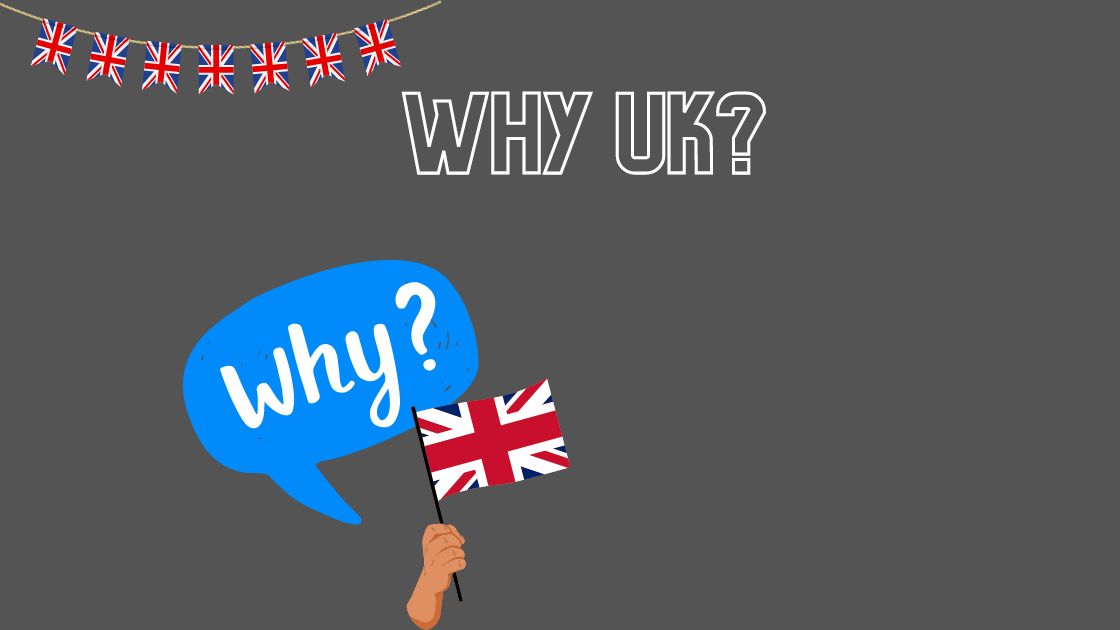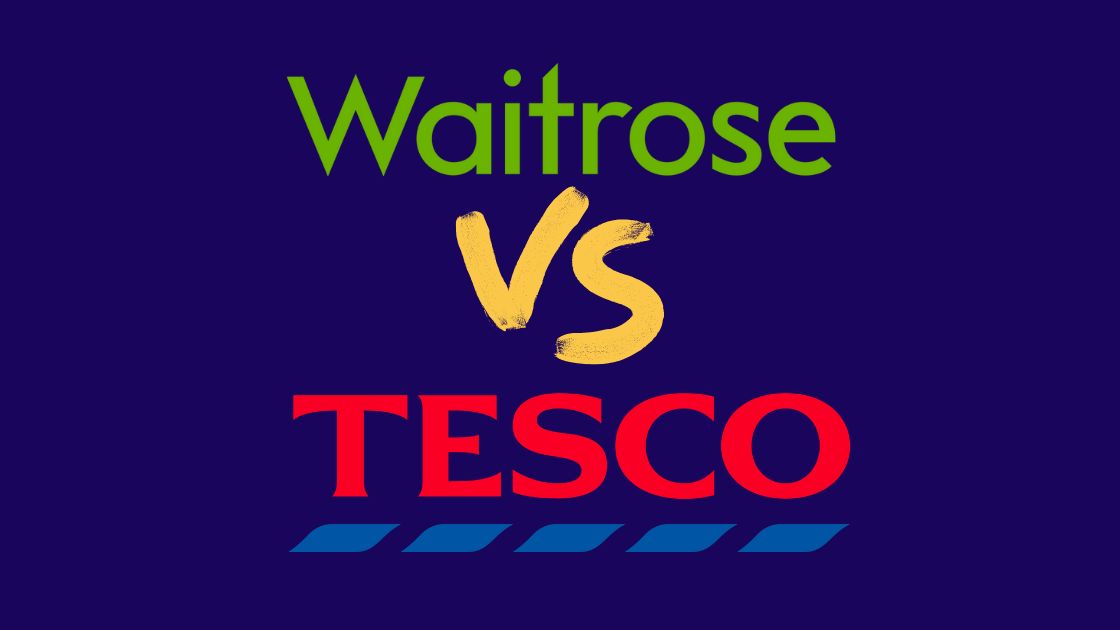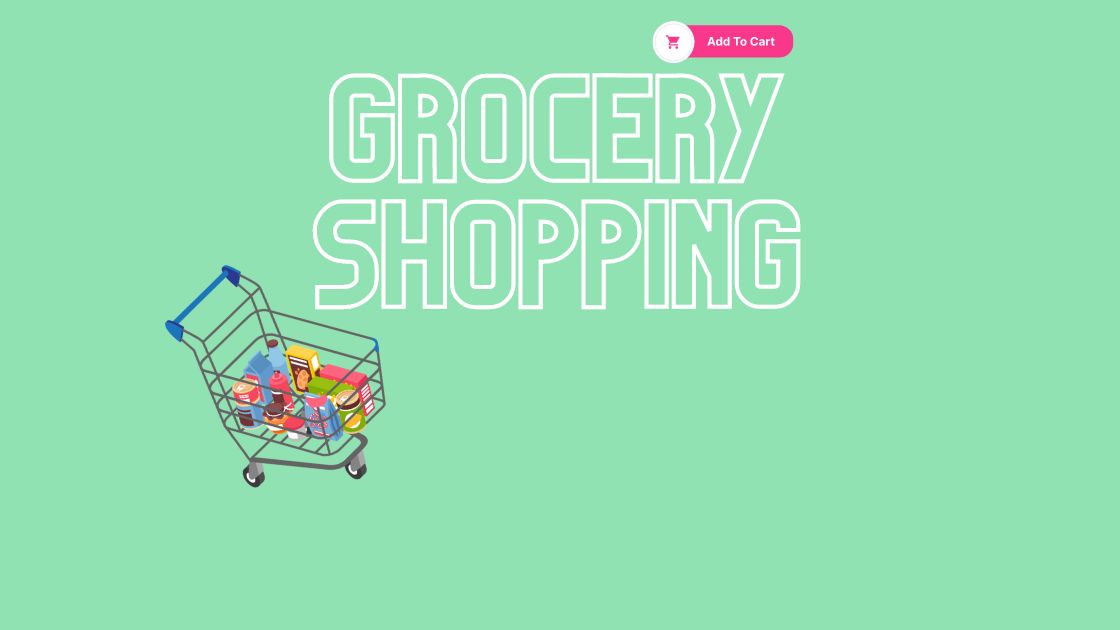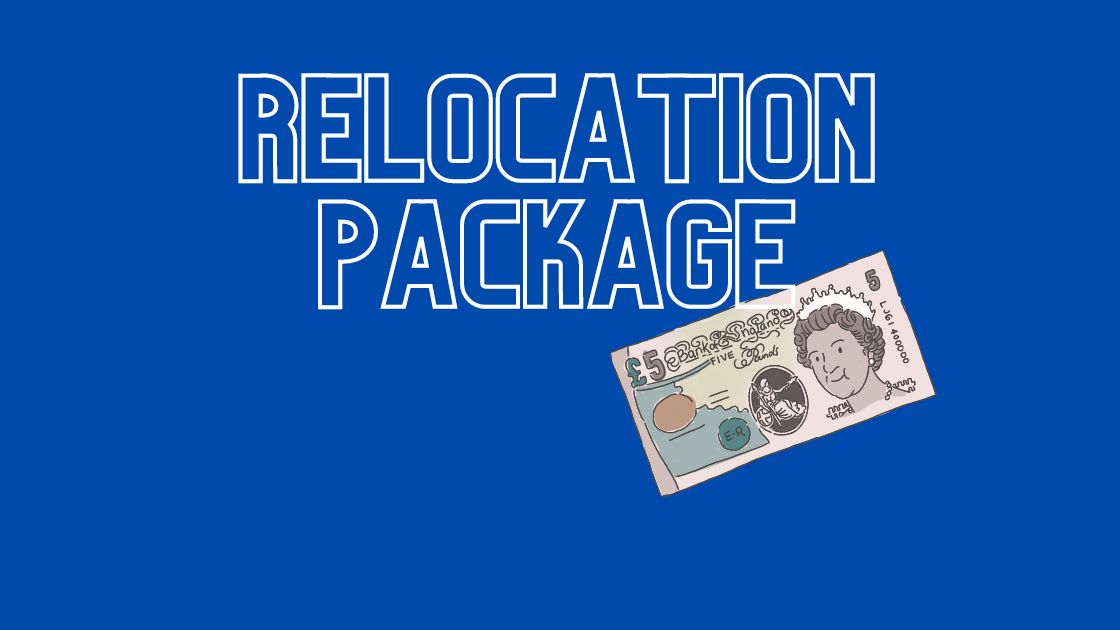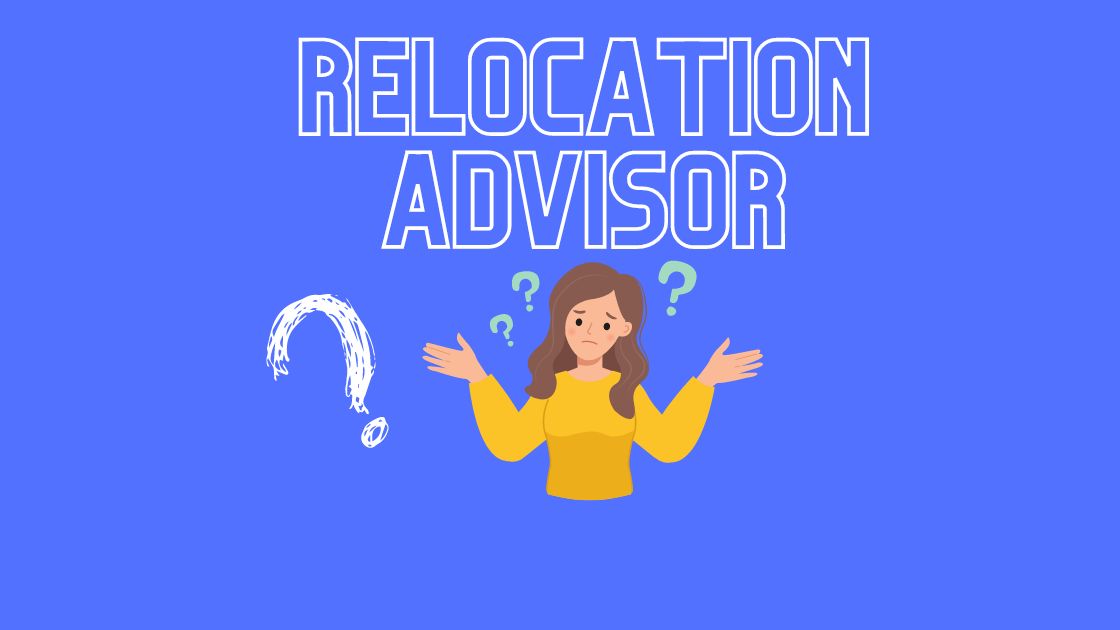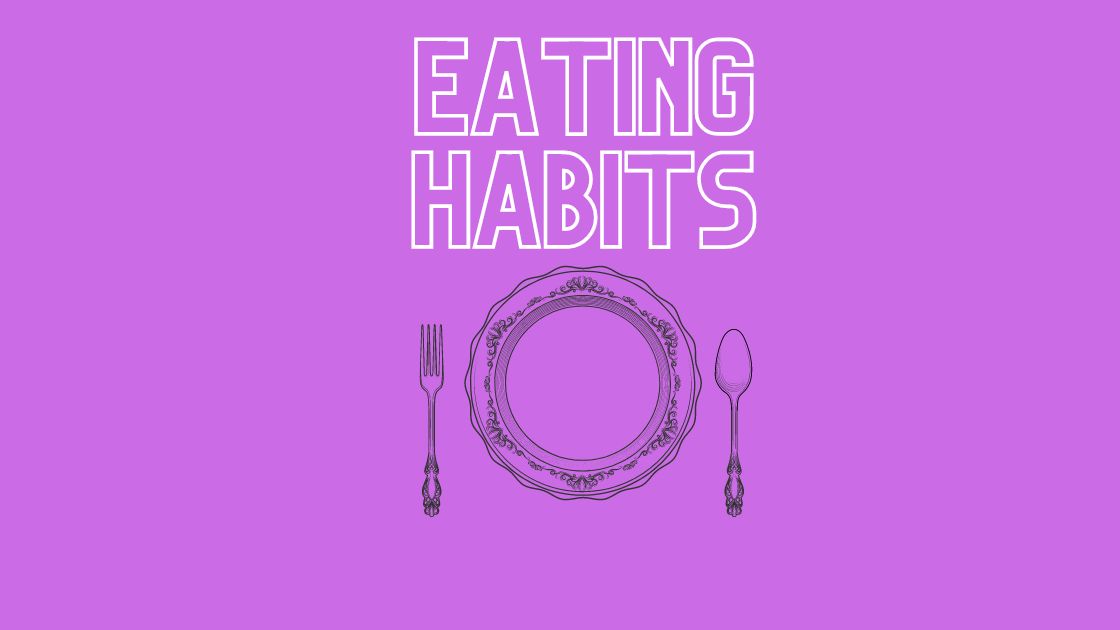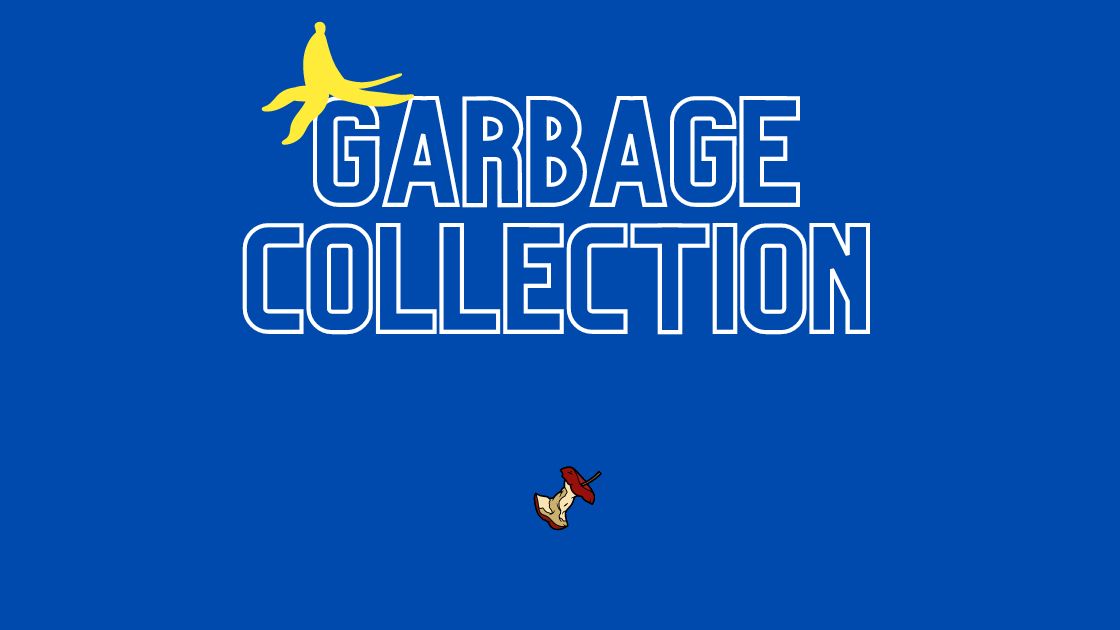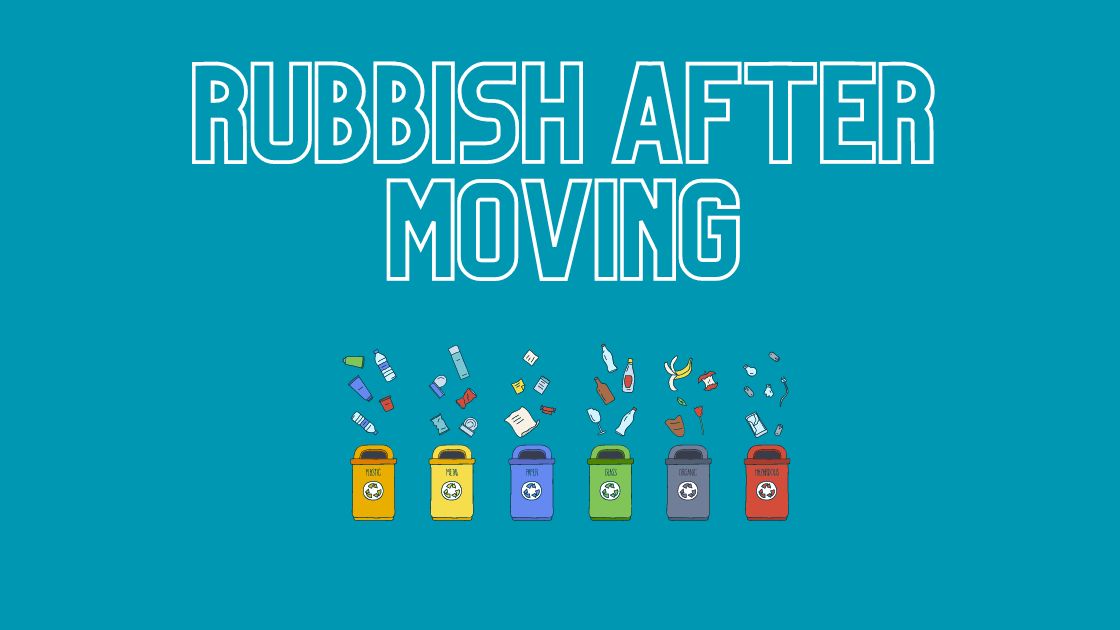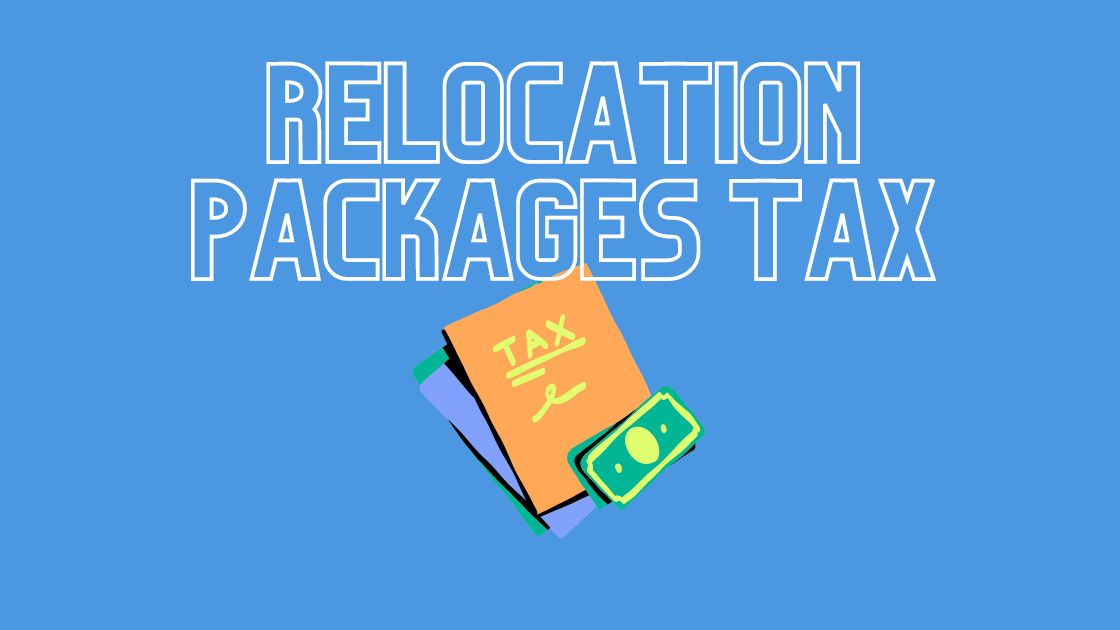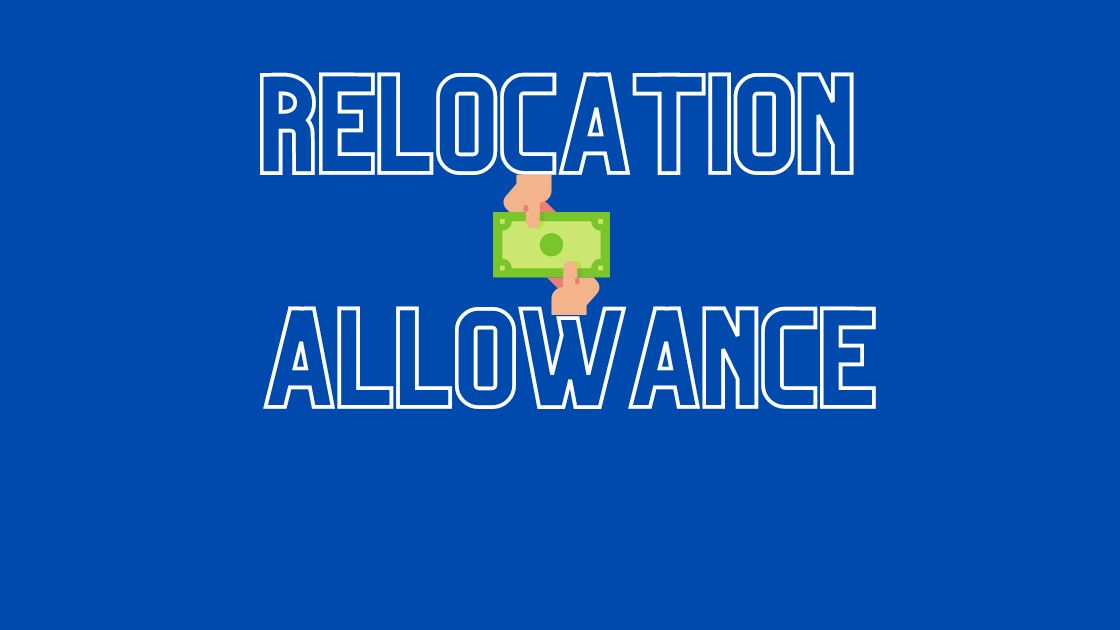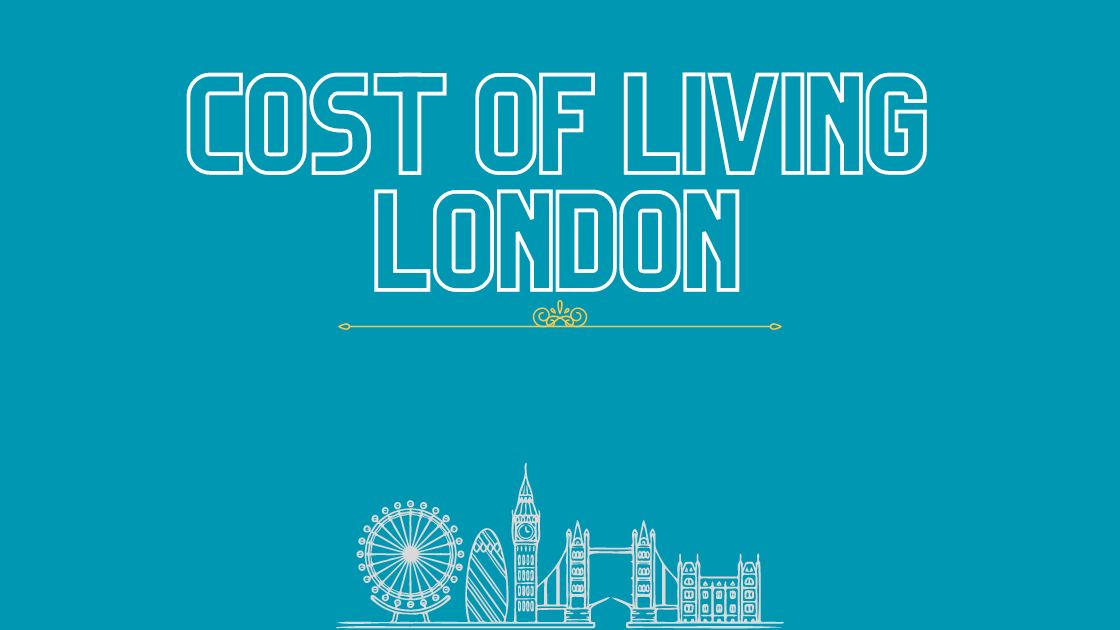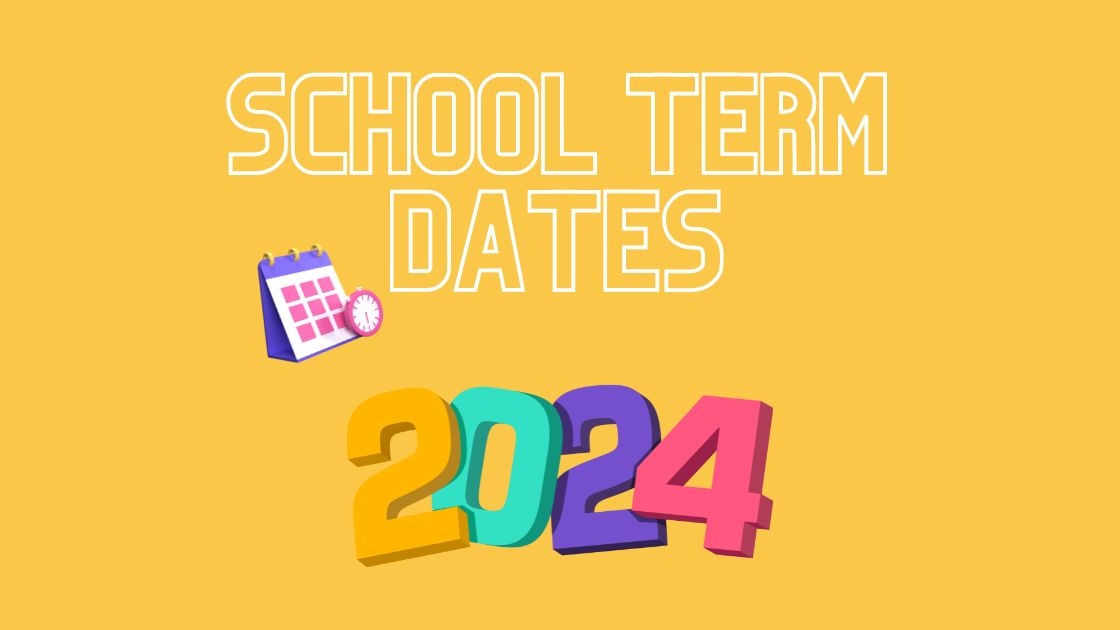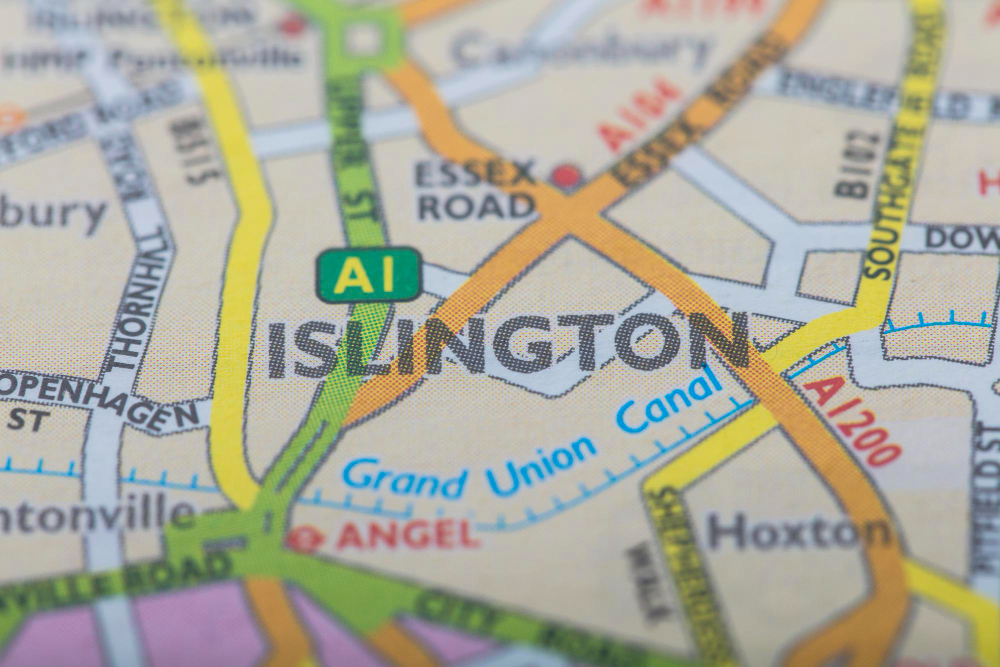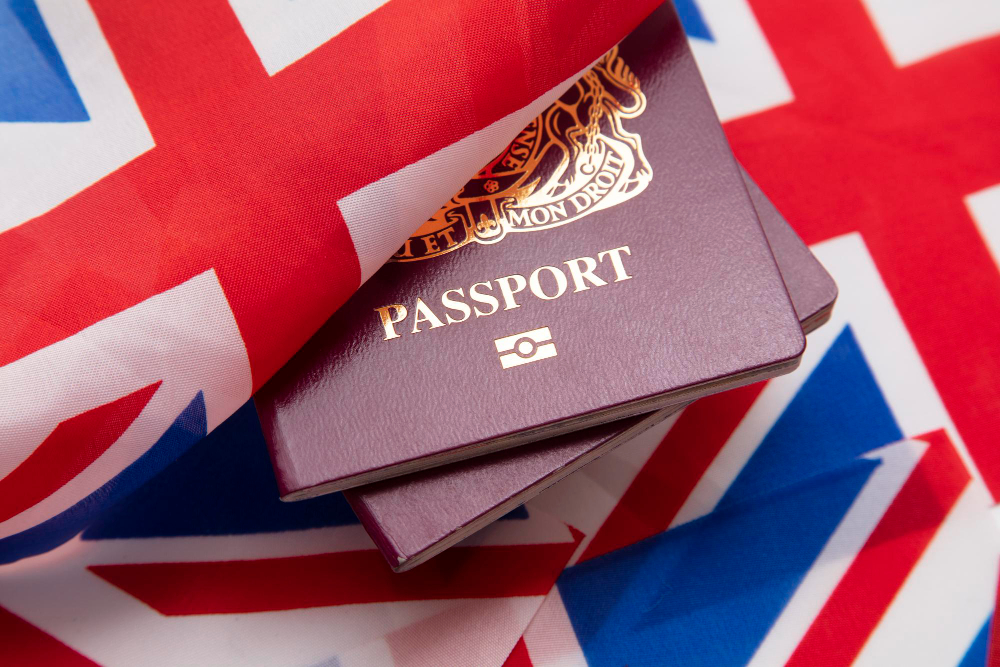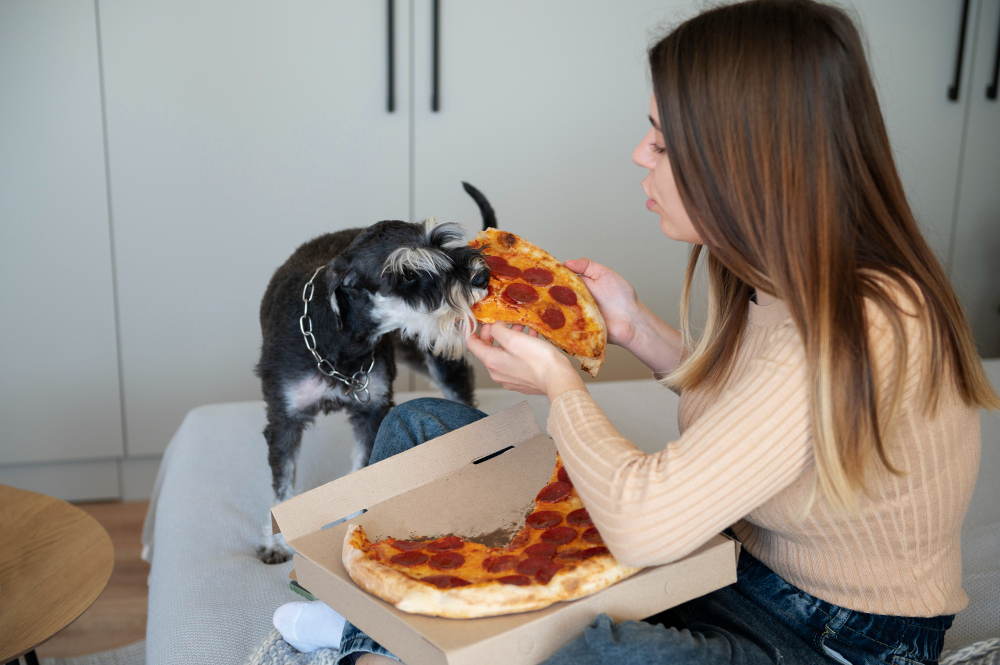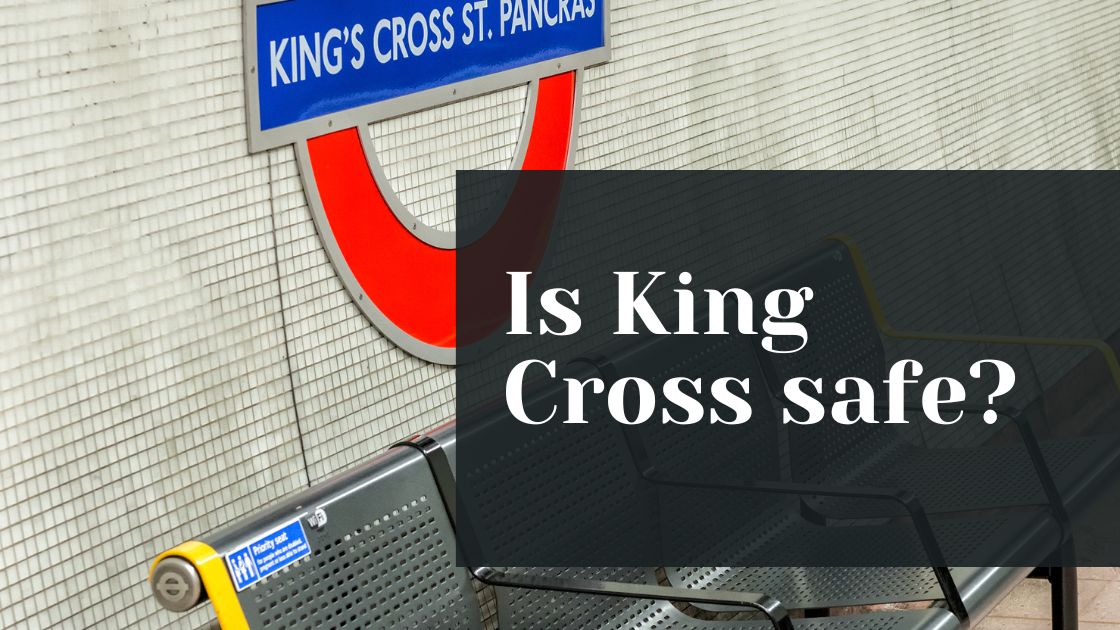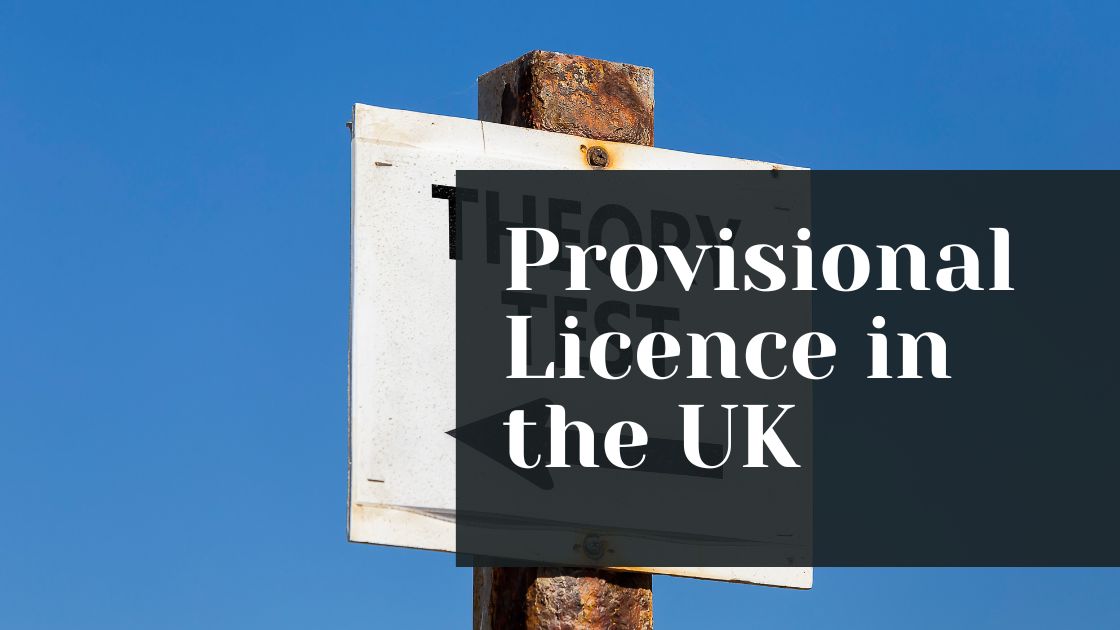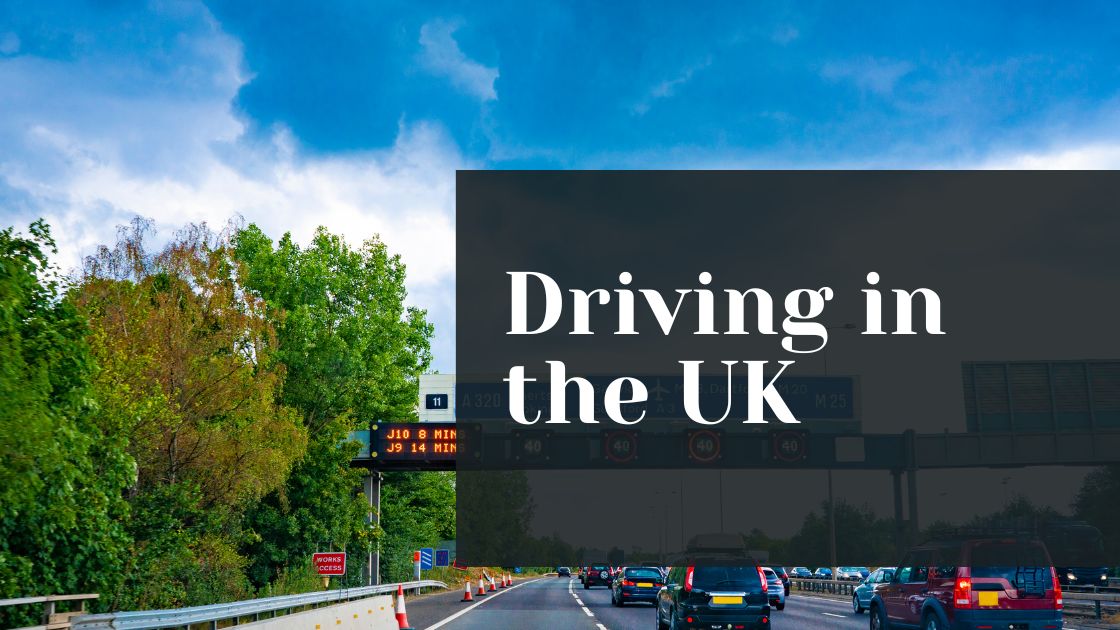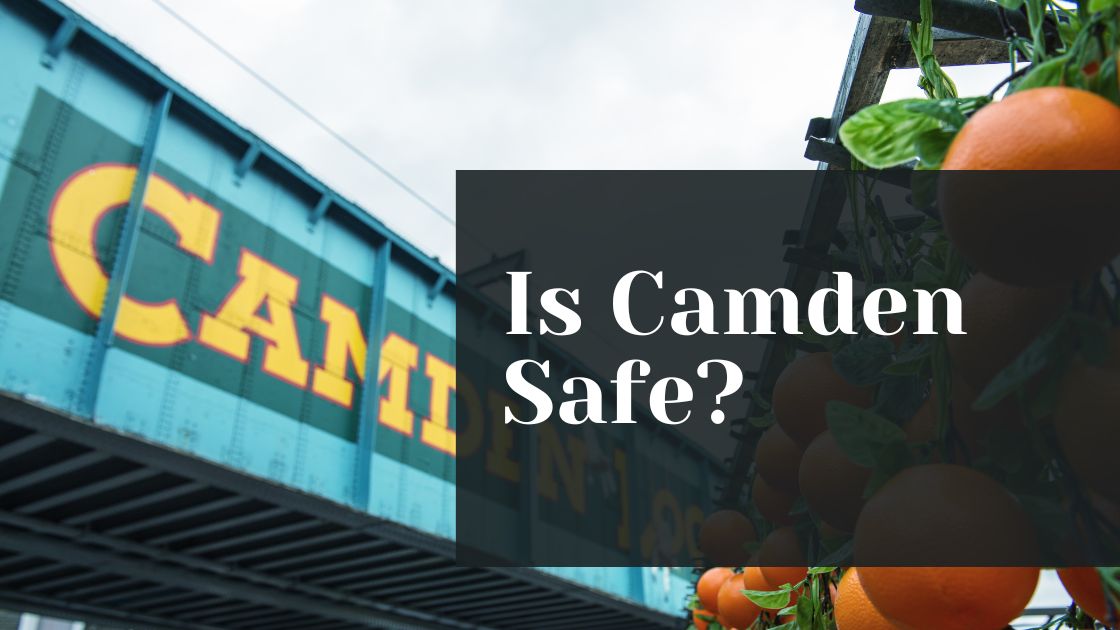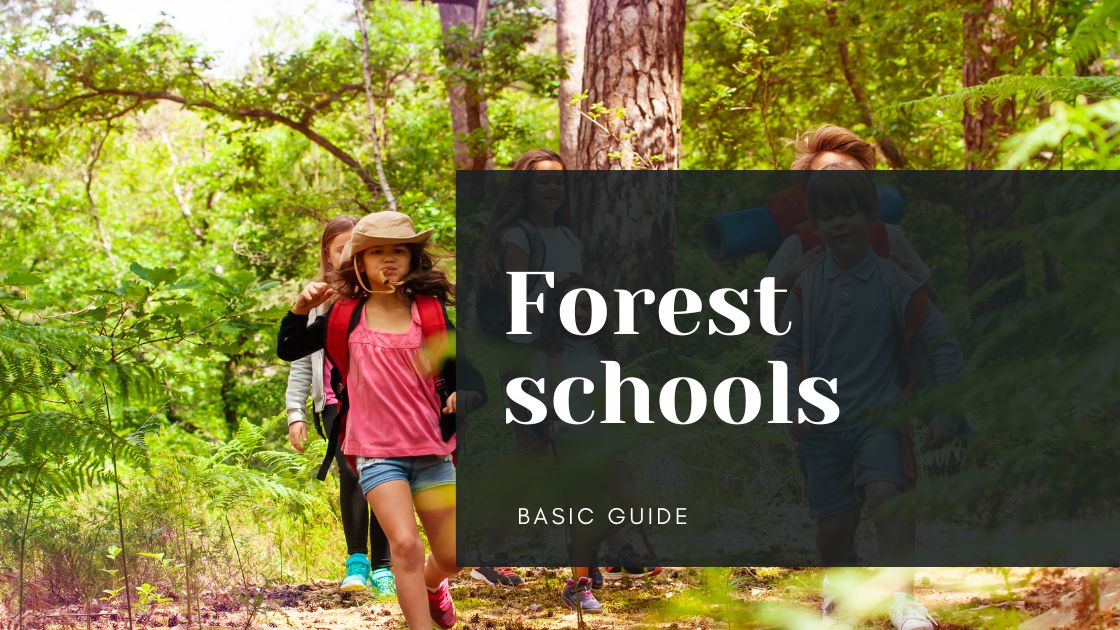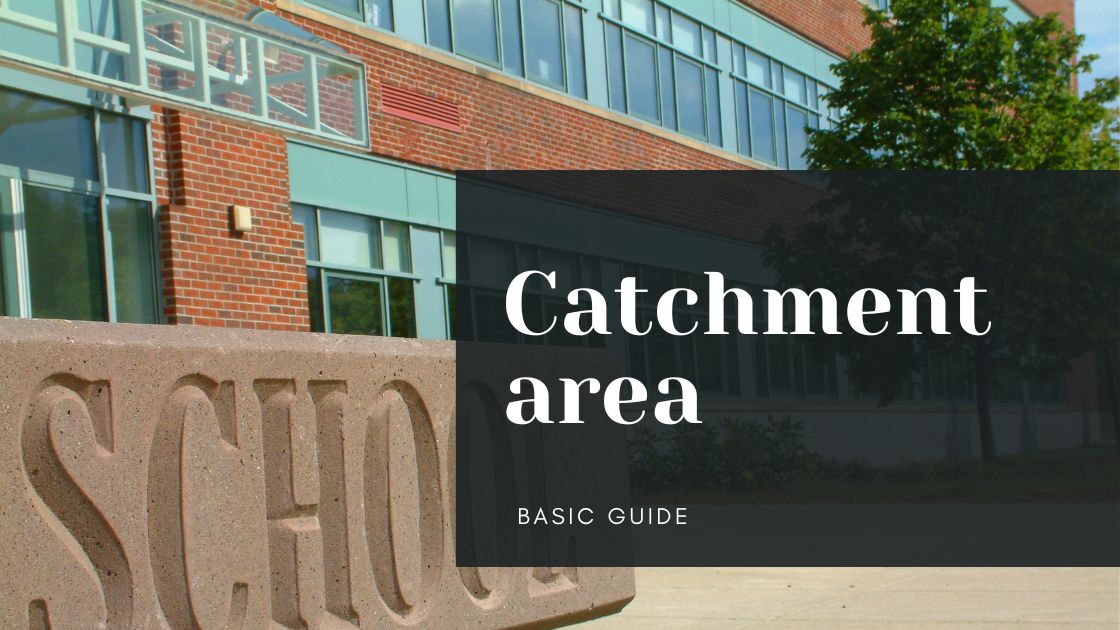Playdates have become an essential part of childhood, fostering social skills and friendships and navigating the complexities of social interactions from an early age. In the UK, the tradition of playdates is embraced with a sense of community and understanding, adapting to children’s changing needs as they grow.
This article delves into the delicate nuances of organising playdates in the UK, offering insights into how these social interactions are crafted from the early years through to secondary school. Special attention is given to the expectations for parental participation and involvement and the thoughtful gesture of bringing a small gift when visiting for the first time.
Early Years (Up to Age 4)
Playdates are essential for their social development in the initial years of a child’s life. These early interactions are not just about play. They are the first steps in learning communication, sharing, and empathy. Here’s how these foundational experiences are shaped and what role parents play during this stage.
Organizing Playdates: The Basics
Parents often initiate playdates to socialise their children with peers in the early years. These gatherings are usually arranged during daytime hours at either a family’s home or a local park. It can be just about any child-friendly venue that offers safe and engaging environments for toddlers and preschoolers.
Timing is another important factor. Playdates are usually scheduled around the routines and nap times of the children involved to ensure that they are well-rested and at their best for socialising. The duration of these gatherings is also kept relatively short, recognising the limited attention spans and energy levels of young participants.
Parental Involvement
During these early stages, it’s customary for parents, to stay and supervise their children. This is mostly done to ensure the children’s safety and provide a valuable opportunity for parents to form their own friendships and support networks. Staying for a chat over a cup of tea or coffee is a common practice, allowing parents to share experiences and advice while their children play.
Age 5 to Age 8
With children stepping into formal education, playdates become an extension of their school life, providing a seamless transition between learning and social play. This period is crucial for strengthening friendships formed in school and developing new ones outside the classroom. Here’s how the dynamics of playdates evolve during these formative years.
Transition in Playdate Dynamics
Playdates become more structured around school schedules and extracurricular activities as children enter primary school. The focus shifts towards fostering independence and allowing children to develop deeper friendships with classmates and neighbours.
This shift is influenced by several factors, including the start of formal education, exposure to a broader peer group, and the independence that children begin to assert. Playdates during this time are often characterised by structured activities or interests that children share, such as sports, arts and crafts, or digital games.
Parental Roles
Parents still play the main role in organising these playdates. It often includes coordinating with other parents via messaging apps or school events. While the expectation for parents to stay diminishes, many still prefer to be present until they’re confident in their child’s ability to interact independently and safely, especially in new environments.
Age 9 and Onwards
Children in this age group have increased independence and sense of self, navigating their social lives with more autonomy. This stage marks a shift in how playdates are organised and perceived by both children and parents. The focus is kept on expanding social circles and exploring new interests.
Growing Independence
Children aged 9 and above typically seek more autonomy in their social interactions. Playdates may evolve into more specific activities, reflecting their growing interests and independence like:
- Sleepovers
- Birthday parties
- Outings
- Cinemas
- Activity centres
Children begin to express distinct preferences for companions and activities, signalling a move towards more self-directed socialisation. This autonomy is a critical step in their development, allowing them to explore personal interests, navigate social dynamics, and make decisions about their friendships.
Parental Expectations
By this stage, parents are less likely to stay during playdates except for planned family gatherings. Communication between parents remains crucial, particularly regarding pick-up times, dietary requirements, and any other necessary arrangements to ensure the safety and comfort of all children involved.
Secondary School Years
Entering secondary school is a significant milestone, bringing about profound changes in social interactions and the concept of playdates. This phase is characterised by teenagers’ desire for independence, balanced with the need for parental support in new ways.
Navigating Social Dynamics
In secondary school, the term ‘playdate’ is seldom used, giving way to more casual hangouts or study sessions. Teenagers organise these gatherings, and parental involvement focuses on logistical support, such as transportation or hosting.
Navigating social dynamics at this age is not without its challenges. Adolescents are acutely aware of their social standing and are often navigating the delicate balance between fitting in and asserting their individuality.
The pressures of social media, peer influence, and the desire for acceptance can all play significant roles in shaping their social interactions and self-perception.
Respecting Teenage Independence
The transition to secondary school marks a significant shift towards respecting a child’s independence while ensuring they have a safe and supportive environment. Parents often find themselves balancing the desire to oversee their child’s social interactions with the need to trust their judgment and decision-making skills.
Cultural Sensitivity and Gift-Giving
Acknowledging and respecting cultural differences enriches the playdate experience, fostering a sense of inclusivity and understanding among families from diverse backgrounds. This section emphasises the importance of cultural sensitivity, particularly in the context of gift-giving, which can be a meaningful gesture of respect and appreciation in certain cultures.
Understanding Cultural Practices and Building Bridges
When organising playdates with families from diverse backgrounds, be mindful of cultural norms and practices. The practice of thoughtful gift-giving in the context of playdates transcends tradition. While seemingly small, this gesture plays a significant role in building strong, respectful relationships between families from diverse cultural backgrounds.
For families with Japanese heritage, for instance, bringing a small gift (up to £10) like a box of chocolates, a plant, or a book when visiting for the first time is a thoughtful gesture that shows appreciation for their hospitality. It reflects the intention of kindness rather than the value of the gift. It serves as a sign of respect and an educational moment for children, teaching them the value of cultural awareness and sensitivity from a young age.
Final Words
Playdates in the UK represent more than just opportunities for children to play and make friends. They are a developmental journey that reflects the evolving nature of childhood and parenting. Each stage offers unique challenges and rewards for both children and parents.
Interacting with families from different cultural backgrounds requires embracing these experiences with sensitivity and openness. This leads to building respect, understanding, and lasting friendships.

